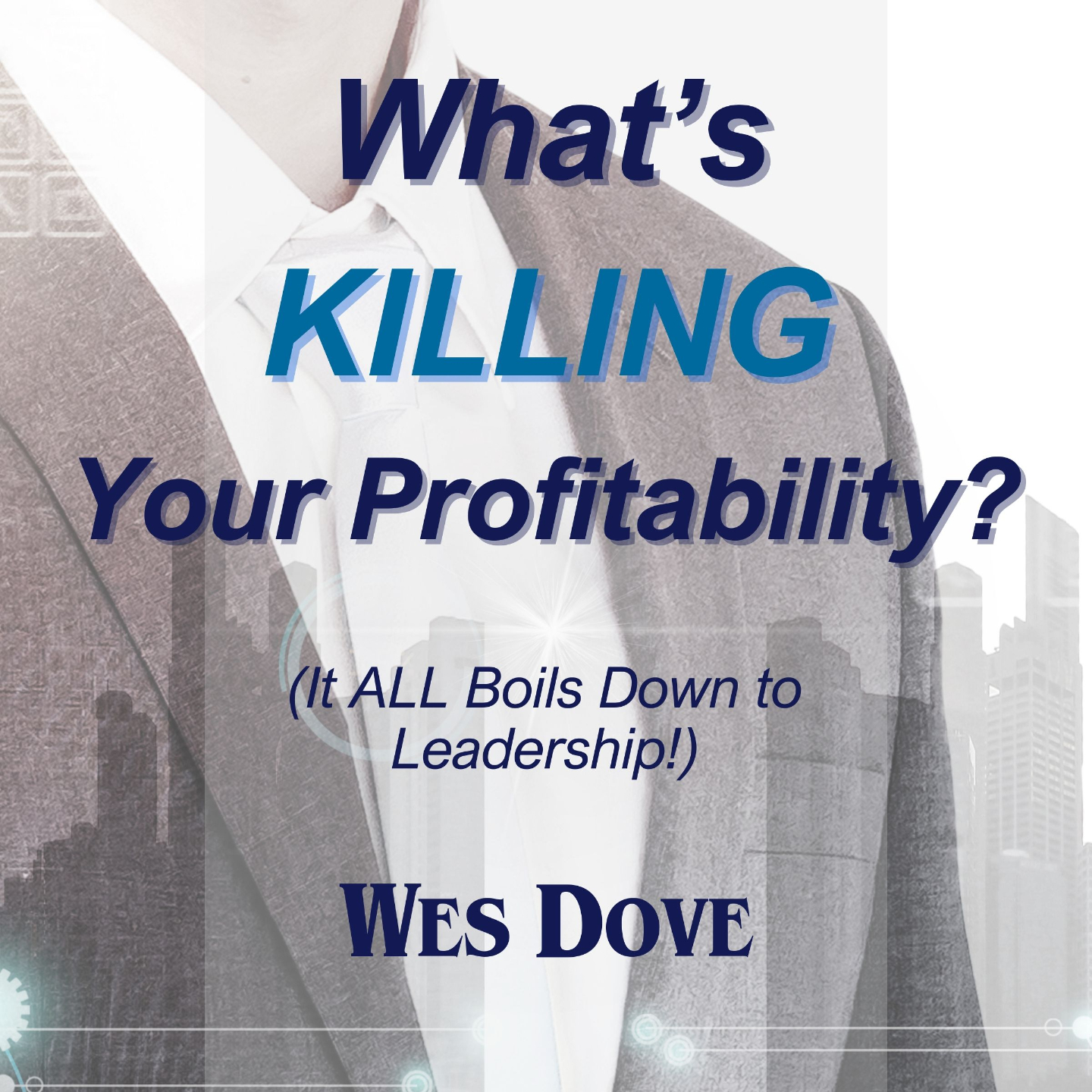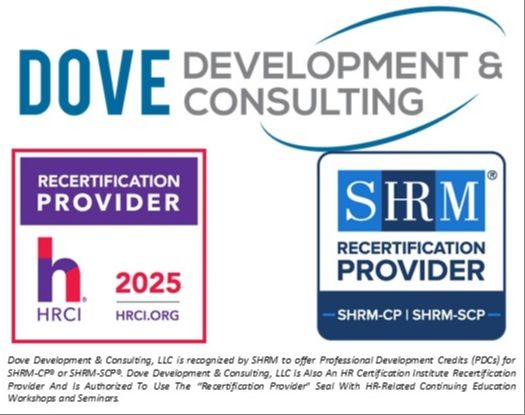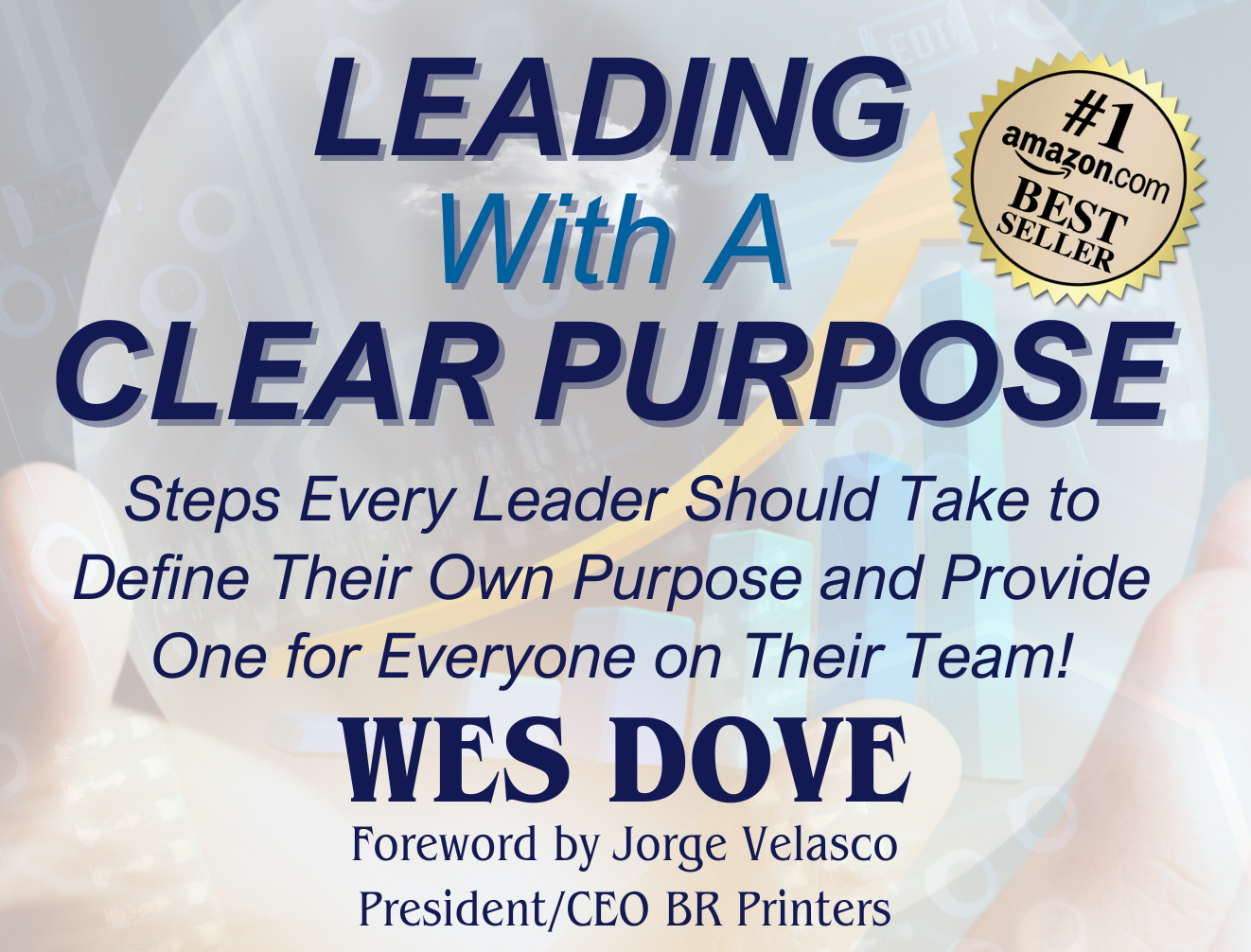Mentoring as Qualification
One of the biggest hurdles I’ve seen people deal with as they’ve moved into new roles has been coming to terms with how much they’re willing to share with the person filling the role they previously held. Far too often, there’s a perception that if their successor performs better than they did, it diminishes the value they contributed while in the role. We’re about to work through exactly why that’s complete nonsense. But first, I need you to take a quick timeout and reflect on a past failure you’ve experienced, detail the lesson it taught you, and how that’s helped you become exponentially more qualified in the area of your life today.
So what happens if the person we train to fill our shoes beats all of our fastest times? For many folks, that can be disheartening. The new guy is already churning out better results than I ever did… No one wants to feel that way - unless they understand that the value they’ve provided that person through their relational experience was crucial in them even having a shot at success in the first place. I’m sure there will be some shallow managers that miss this, but I’ve never met a great leader who didn’t fully appreciate the value of training the next generation to surpass old records.
As we looked at steps for fostering a mentorship culture, I shared how Jake had been a decent welder for years but trained dozens of welders who ended up being far better than him. If Jake’s long term aspirations were to be the best welder that company ever employed, seeing many of the welders he trained produce as good or better results in their first few months with the company would have been devastating. Thankfully, Jake saw his opportunity to train welders as his chance to earn even bigger opportunities, ones where he could move away from his daily role as a welder altogether. And that’s exactly what he did. Interestingly enough, I’m not sure Jake ever would have been considered as a trainer if I hadn’t needed his help in keeping the behavior-based safety process afloat while I was traveling. To get him up to speed, I had no choice but to teach him everything I possibly could - even through the concerns I struggled with around that same idea. If he did well while I was gone, would they still need me???
Fortunately for me and Jake, the leaders we worked with at the time (Rod, Kevin, and Terry) understood that being qualified to produce strong results is valuable but being able to teach others to achieve even better results is more valuable. Not only does that increase the number of qualified people within an organization, mentoring others proves and deepens a leader’s qualifications. Over time, Jake became far more valuable to the organization for how he could develop new employees into effective welders than he ever was as an individual welder. And not only did helping Jake learn the aspects of the behavior-based safety process allow me to learn it at a deeper level, it served as a tangible example for what I could offer all the other sites I was providing training for.
If either of us had chosen to only show others just enough to get by, rather than everything we possibly could so they could be successful, I don’t believe we would have ever moved beyond the roles we were in at the time - if we would have been able to maintain them. I can say with complete confidence that mentoring Jake through those aspects of the behavior-based safety initiative drastically increased my qualification to train and mentor others, and I think him doing the same for so many welders provided him with equal value. For mentoring to increase our own qualification over the long haul, though, we’ll need to consistently focus on our investing in our own practical growth. We’ll look at that next. Until then, I’ll challenge you to identify one person you can mentor on a hands-on leadership task. As you do, they’ll improve, their team members will have a better overall experience, and I’ll just bet that it will make you better through the process!
Investing in Practical Growth
While working with a client’s leadership team about a decade ago, we were discussing their opportunities for improving processes, and by default, their overall profitability. One of the most senior team members commented on a specific function, saying “We’ve done it that way for thirty years, that’s the best way there is to do it.” The owner immediately replied with, “and unless we’re willing to find a way to do it even better, someone will take our market share” - and he was absolutely correct. But that’s not exclusive to how a business performs specific tasks. The same holds true for how their approach to leadership impacts their profitability. In fact, I provide a comprehensive statistical analysis of just that through the thirteen chapters of What’s KILLING Your Profitability? (It ALL Boils Down to Leadership!)... And it’s just as applicable to how providing mentorship exemplifies our own level of qualification.
Think about your entire career to this point. Who can you picture that made a tremendous impact in your growth early on but has remained in basically the same role ever since? Assuming you’ve continued to push forward, is that person still capable of providing you with the same kind of valuable guidance you received from them initially? Don’t misunderstand me here, I’m not condemning them in any way. I thank God every day for the hundreds of people I’ve had opportunities to learn from along the way, many of whom played crucial roles in very specific seasons of my life. Some of those, however, are in the same roles today as they’ve been in for decades. While I still appreciate them deeply, I can’t necessarily go to them for guidance on some of the challenges I face today.
Now, let’s flip the focus back to ourselves. While the qualifications I earned twenty years ago may help someone who’s following a similar path today (and even that’s not guaranteed), there’s no chance of that providing ongoing value to someone like Jake who’s been actively engaged in his own growth journey. If I’m not continually developing my skill sets, my qualifications are in danger of becoming obsolete; to the folks I’ve mentored previously, and possibly even to everyone starting out since the world around us changes constantly.
In early 2015, I was part of the very first group worldwide to study for and complete the exam to earn the Society for Human Resource Management’s “Certified Professional” credential. The prep course was several months long and covered about 1,400 pages of textbook content. The proctored exam sucked up an entire day of my life, a two-hour drive each way and nearly three hours to complete it. To maintain that credential for now more than a decade, I’ve had to log at least sixty hours of approved continuing education credits every three years - all of which are required to tie directly to the SHRM body of knowledge. While I’ve done that, I can assure you that simply checking the boxes to maintain the certification has done little to build my level of qualification as a human resources professional; I’ve experienced far more practical growth through hands-on application than even the best webinar that was approved for credit. Truth be told, that’s a big part of why Cindy and I wrap up every lesson we provide - for any group - by sharing a list of questions that challenges them to detail what they’ll apply immediately, the result they hope to achieve, how it will impact their leadership culture and their overall profitability, and to list three things they can implement to sustain that immediate action step. As approved recertification providers with the Society for Human Resource Management and the Human Resource Certification Institute, we offer the credits professionals need to maintain their certification, but I’m far more interested in helping them increase their actual qualifications! That won’t happen, for any of us, unless we take intentional action by investing in practical growth.
When we’re focused on increasing our qualifications, we’ll earn influence that far surpasses any credential - and we’ll look at that in detail next. Until then, I want you to identify one specific leadership skill you can dedicate time to improving over the next month. As you do that, be sure to think about exactly how mentoring someone using that skill will continue to increase your qualifications.
Influence Over Credentials
Throughout this look at the strength we can each gain by building great professional relationships, I’ve referenced several of the amazing leaders I’ve had the privilege of learning from. In addition to those mentors, I’ve worked with some absolutely brilliant people over the years. That said, those two traits didn’t always reside in the same people - hence me differentiating between certified and qualified…
I can’t remember who shared it with me but somewhere during the journey toward earning the Voluntary Protection Program STAR Worksite designation, someone pointed out how the OSHA compliance folks were either exceptionally versed in all the intricacies of CFR 1910 (Code of Federal Regulations for General Industry) or they were reasonably good people; rarely were they both. There was a particular industrial hygienist working for VOSH (Virginia’s version of OSHA) at the time who did indeed exemplify both; he was nothing short of brilliant in the details of industrial hygiene and he was an all around great person. The person making this point to me actually used him as an example, predicting that he would not be working for the government long term. They nailed it! Soon after, that industrial hygienist took a position in private industry making significantly more money, leading the entire safety initiative for a large organization. His credentials as a Certified Safety Professional and Certified Industrial Hygienist opened the doors for him to be considered for the role with VOSH and the role in private industry, but the influence he earned with each person he interacted with was what separated him from so many of the other compliance officers I’ve met over the years.
From the first time I met him, the thing that stood out the most was how effective he had become at combining his technical expertise with practical knowledge, and could then communicate that with someone like me who couldn’t understand so many of the big words most of his peers used (often in talking down to us simpletons whose taxes paid their salaries). He was truly an anomaly. Before I move on, please know there are exceptions to every rule. Over the years since, Cindy and I have had the honor of working closely with the team that administers the “Jobs for Veterans State Grant” program throughout Virginia. This amazing group is made of dozens of folks who possess both technical expertise and exemplary communication skills. Many of them have been part of the JVSG initiative for the entire decade we’ve worked for them, and they all could earn substantially more elsewhere. They choose to stay because of the clear purpose they work toward as a team.
If you think back to the example I shared previously detailing how Terry approached the electrician who wasn’t wearing safety glasses, you’ll remember how he influenced the desired behavior rather than demanding based on his authority. The same holds true here; we’ve all known people who possessed extreme technical or intellectual ability but struggled to translate any of that into practical steps the rest of us could relate to. Not only will investing in practical growth give us opportunities to increase our own qualification as we mentor others, the influence we earn through the process - built on the relationships we establish along the way - will far surpass what we’d ever be able to achieve with credentials alone. As we’re able to achieve certifications, build our qualifications, and thereby earn influence with the people around us, we’ll see an increase in the results we produce personally as well as in the impact we have on those we lead.
When we develop that influence to back our credentials, we’ll often have opportunities to begin building a network of equally qualified professionals who happen to have different strengths. We’ll look at the power we can draw from that next. Until then, I’ll challenge you to lead your next task using the influence you’ve earned rather than relying on the credentials you hold.



